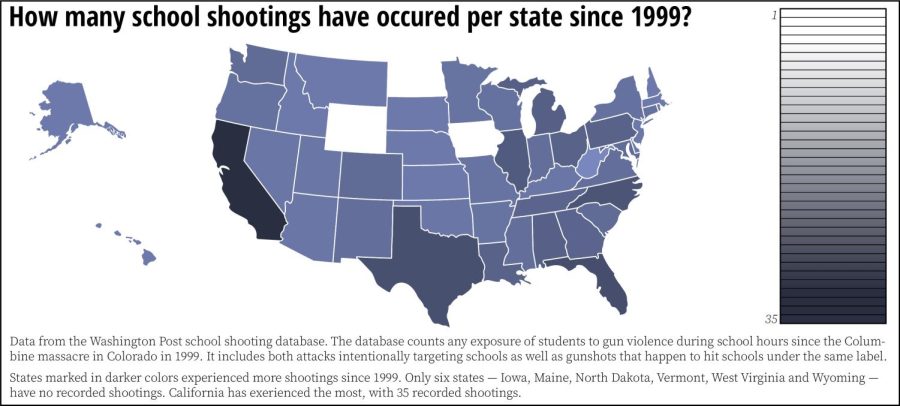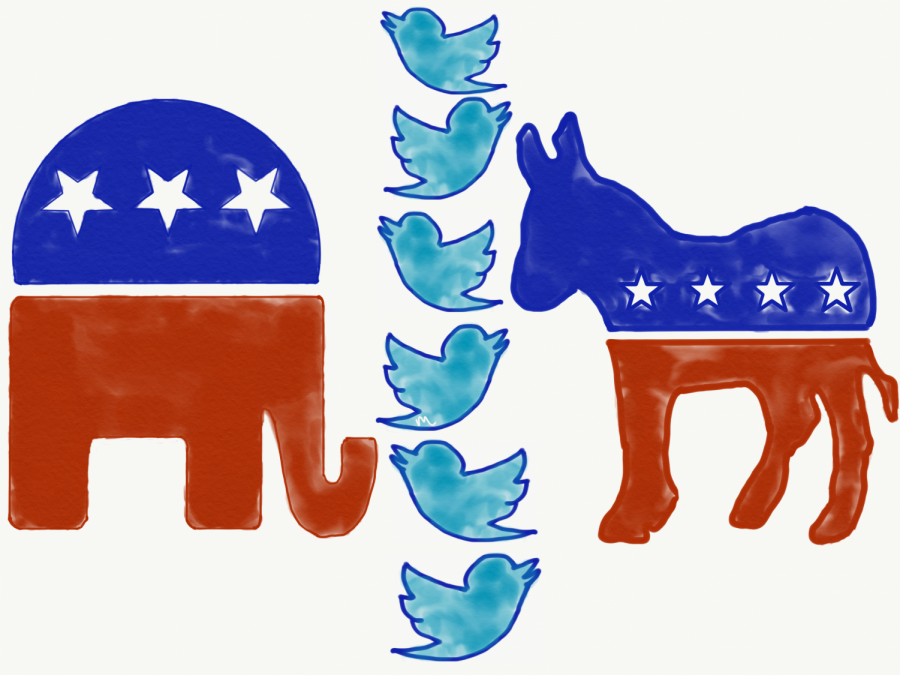By Alex Frandsen
Strong political parties have been a constant in American government since the conception of the country. As a principle, there is nothing inherently wrong with partisanship. It allows for firm political identities and can make politics more accessible to voters, informing citizens on certain politician’s stances on issues.
What we have today, however, is barely partisanship. It’s partisanship pushed to its absolute extreme. Behavior from both Democrats and Republicans more closely resembles blind tribalism than anything. The clearest and most shocking example of this is the Roy Moore senatorial campaign.
Moore has been accused by multiple women of pursuing them while they were underage. It was also discovered that his predatory and downright creepy tendencies were a known fact among workers at his local mall, where he tended to hit on high school cashiers and attendants on weekend nights.
You would like to think the emergence of such revelations would be a death knell for Moore’s Senate hopes. After all, there is no way Republicans could tolerate electing a pedophile to their ranks, especially when family values are such a core part of their platform. Right?
Wrong. Sadly and incredibly, it appears as if Moore has the support of the Republican party machine. Despite calls for him to drop out from the likes of Mitt Romney and Sen. John McCain (R-Ariz.), the Republican National Committee has resumed support for his campaign and majority leader Mitch McConnell (R-Ky.) has said that he will let the people of Alabama decide whether Moore should serve in Congress. All because they simply can’t bear the thought of a Democrat stealing a seat away from Republicans.
This, clearly, is a party system run amok, and is further confirmation of what we already knew: Partisanship has turned toxic in this country. At this point, it’s affecting the lives of civilians. Look to the recent tax bill that passed through the House and Senate last week, for instance. It has been nearly universally panned by economists as a poor bill and there’s very little popular support behind it. Yet it passed, simply because it was a Republican bill introduced during a time when Republicans control the majority in Congress. Not one Democrat voted for it. Now, barring a miracle stopping it from becoming law, the people of the United States will pay the price.
This isn’t to say that Democrats don’t have a role in the whole debacle, too. Despite supposedly being the party of progressive America, liberal leadership failed to take a hard line on the sexual harassment accusations levied against Rep. John Conyers (D-Mich.) and Sen. Al Franken (D-Minn.). When asked on “Meet the Press” whether she believed Conyers’ accusers, Rep. Nancy Pelosi (D-Calif.) said this: “I don’t know who they are. Do you? They have not really come forward.”
If Conyers was a Republican, there is almost no chance Pelosi would have answered that question the same way. While Pelosi did later call on Conyers to step down, the message was already sent: Democrats stick by Democrats.
In a way, this partisanship reflects a chicken or the egg situation. Did the two parties become so polarized due to the country becoming polarized as a whole? Or did the country become polarized just by following the example of our country’s supposed leaders? It’s hard to say, but if we want to unify a deeply divided country, it must start with cooperation and teamwork across party lines on Capitol Hill. The two parties shouldn’t be enemies. They’re part of the same team, working to make this country a better place.















